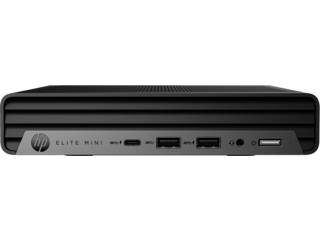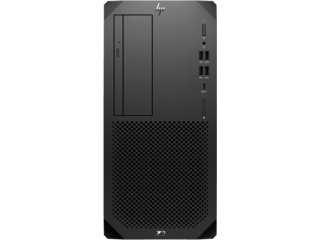
Laptop vs Desktop: Which is Right for You?
Check out our infographic buyer's guide to find the right HP laptop for your everyday needs
The age-old debate between laptops and desktops comes down to a single question:
Which is right for you?
Infographic text:
Laptop:
Pros
- Portability - Freedom from power cables lets you take your digital to-do’s from the office to the comfort of your home
- No assembly required - Ready to use right out of the box
- Several styles - Modern laptops come in a number of different exciting form factors that cater to different types of users
- Laptop Convertibles - Flippable, switchable, and supremely flexible
- Laptop Workstations - Rugged multi-core processing
- Laptop Detachables - Tablet or laptop? Get the best of both worlds
- Compact - Typically measuring less than 1-inch tall, laptops are excellent space savers
- Lightweight - Your sprawling digital world weighs less than 5 pounds (on average[1])
Desktop:
Pros
- High-performance power - Greater size means greater work capacity. Desktops are the first to feature the latest, most innovative tech rolled out by PC manufacturers
- Cost efficient - Affordable desktops offer higher processing power and functionality than an affordable laptop of similar grade
- Upgradable - Deconstruct and reconstruct the internal hardware of a desktop with mechanical ease. Changeable components include:
- CPU & motherboard
- Graphics card
- Memory
- Storage
- Larger screen - More screen real-estate gives way to a more immersive visual experience
- Specialized form factors - Today’s desktops are more stylized than ever for every PC user’s needs
- Desktop All-in-One (AiO)
- Desktop Towers
- Desktop Workstations
- Desktop Small Form Factor (SFF)
HP Financing Options for HP Student Tech
HP offers flexible payment solutions for your student's back to school tech needs. Checking your eligibility is fast and won't impact your credit score. Additional financing options available including no credit needed solutions.
Basic Student Tech
Purchases of $200 or more
College Essentials
Purchases of $750 or more
Laptop vs Desktop: Which is Best for Your Daily Computer Needs?
- Infallible performance for your everyday needs
- More affordable than a basic laptop
- Expansive storage promising years of use
- Portability that takes you from the classroom to your dorm room
- High-performance power to accommodate your busy agenda
- Convertible laptops offer heightened usability
- Dedicated GPUs deliver more robust visual quality
- Desktops are broader in setup, enabling more comfortable computing with full-sized features
- Multi-tasking is made easy with mightier RAM capability
- Wireless mobility grants ease of transport from meetings to the office
- Portability promotes collaboration
- Workstations offer high-end computing for powerful mobile processing
- Increased screen size creates more immersive gameplay
- Unleash overclocking power
- The option to upgrade unlocks limitless hardware opportunities





















